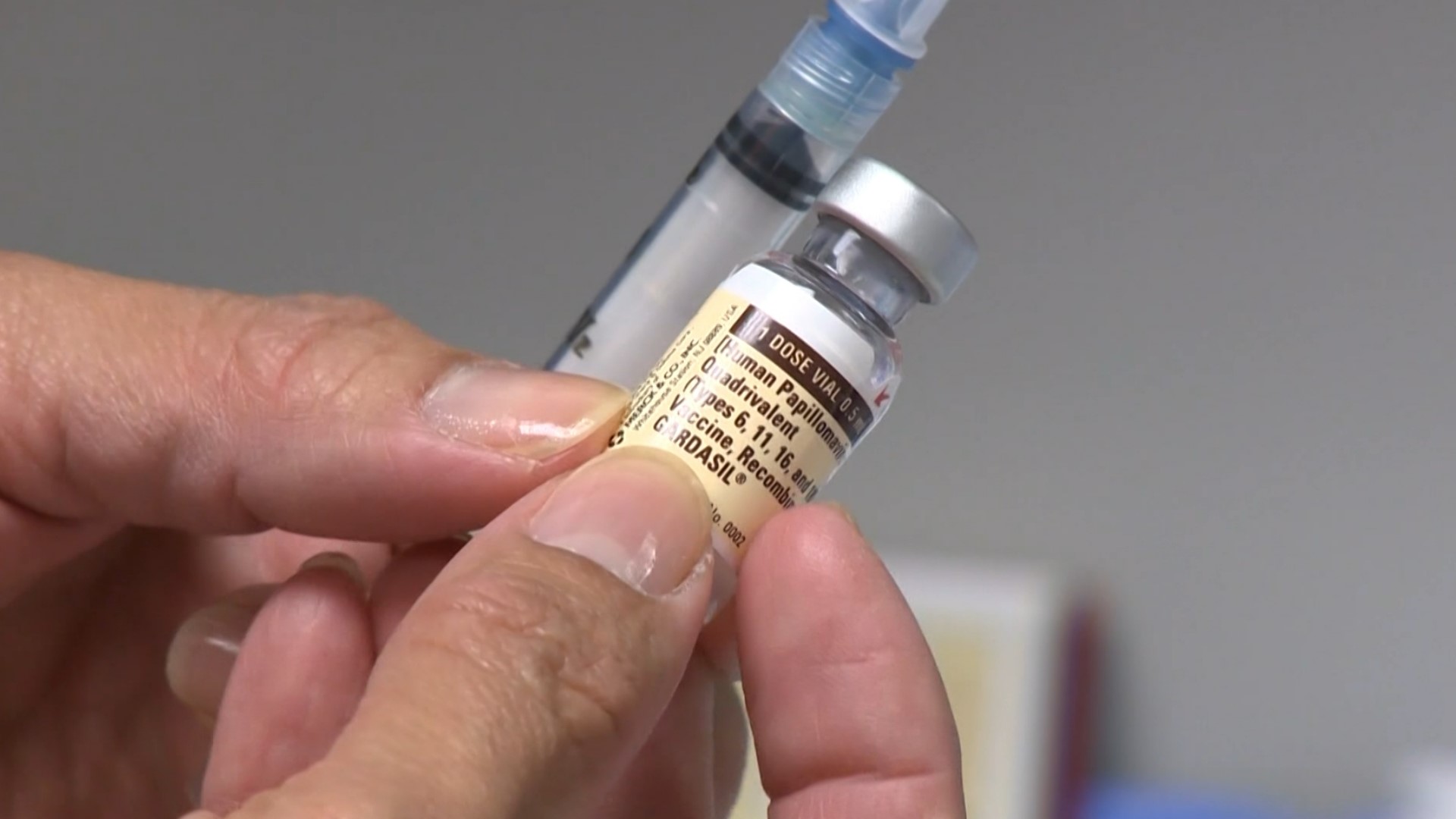DES MOINES, Iowa — Data from the Iowa Department of Health and Human Services shows immunization against the Human Papillomavirus (HPV) is staggeringly low statewide. In 2023, less than 50% of children ages 13-15 had completed their HPV vaccine series.
HPV is the most common sexually transmitted infection. Approximately 13 million Americans, including teenagers, become infected with HPV every year, according to the CDC. The virus can lead to an array of different cancers, leading health officials to recommend immunization before a person is sexually active.
Dr. Nathan Boonstra serves hundreds of children over at UnityPoint Medical Center. He's seen immunization rates for HPV decline over the years.
"Some of it is that stigmatization of this particular vaccine, because it is related to sexual activity," Boonstra said. "Some of it is maybe pandemic-related and still getting caught up on immunizations that might have been missed."
Every year HPV causes 31,500 cancers in the United States. Boonstra shared the HPV vaccine is one of the easiest ways to prevent cancer.
"The main one that people think about with HPV is cervical cancer, but it actually causes a number of different cancers," he said. "One of the other more common ones is head and neck cancers. So when we immunize against HPV, we greatly reduce a person's chance of developing one of these cancers as they get older."
Boonstra has noticed vaccine hesitancy amongst parents after the pandemic but says the HPV vaccine has had years of studies proving it's safety. He also noted medical officials have not seen any significant safety issues with the vaccine.
"[The] HPV vaccine has been out for a while now, it came out in the mid 2000s," Boonstra said. "We're looking at close to 20 years of this vaccine being out."
Boonstra encourages parents who are on the fence to turn to your doctors rather than the internet.
"It's very important for people to have those conversations with their doctor and listen to the person that knows their child the best, rather than getting their information from online where there can be some less than reputable sources," Boonstra said.

